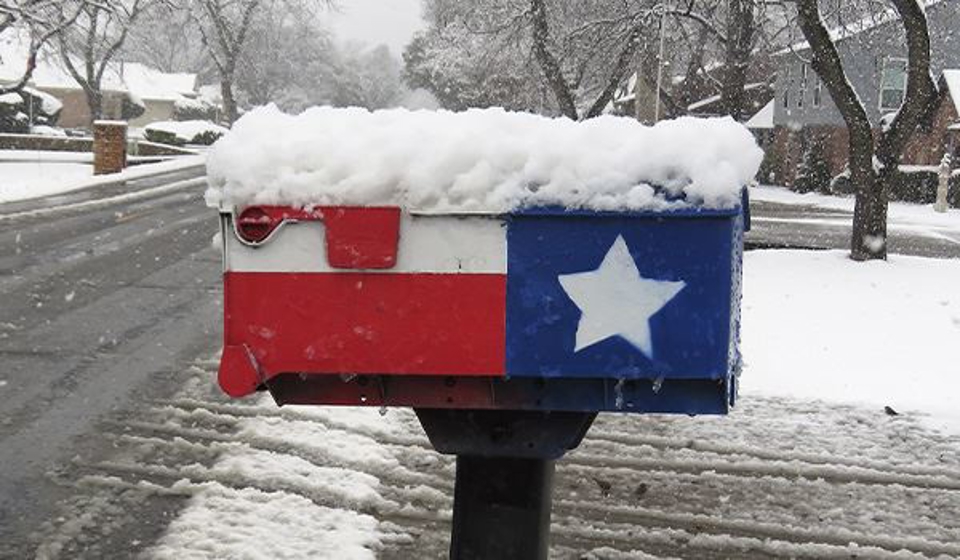Bad Faith Insurance Tactics During Hurricane Season
Delayed Claim Processing
During hurricane season, some insurers implement systematic delays that may constitute bad faith practices. Understaffing claims departments despite predictable hurricane activity creates artificial processing bottlenecks that extend claim resolution beyond reasonable timeframes. Some companies delay adjuster assignments for weeks after hurricanes, citing "catastrophic conditions" long after initial emergency periods have passed. Repeated requests for documentation already provided, multiple adjuster reassignments without progress, and communication blackouts represent common delay tactics. These systematic delays often worsen property damage through continued exposure while preventing policyholders from beginning necessary repairs. The volume of hurricane claims doesn't excuse unreasonable delays, particularly when insurers fail to adequately prepare for predictable seasonal claim surges.
Improper Wind vs. Flood Damage Classification
Insurers sometimes engage in questionable damage classification practices to minimize claim payments during hurricane events. Adjusters may systematically classify obvious wind damage as flood damage to shift liability to separate flood insurance policies. This tactic proves particularly problematic when policyholders lack flood coverage, effectively denying coverage for legitimate wind damage. Some companies require extensive engineering analysis for clear wind damage cases, creating unnecessary delays and expenses while pressuring policyholders to accept reduced settlements. Misclassifying combined wind and water damage entirely as flooding represents another common practice that improperly denies coverage for wind-related components. These classification disputes often require expensive expert testimony to resolve, disadvantaging policyholders lacking resources for prolonged litigation.
Low-Ball Settlement Offers
Hurricane season often triggers systematic undervaluation practices where insurers make unreasonably low initial settlement offers. Using outdated pricing databases that don't reflect post-hurricane market conditions artificially reduces repair cost estimates. Some adjusters exclude obvious storm damage from estimates or apply excessive depreciation to reduce actual cash value settlements. Failing to account for code upgrade requirements following hurricane damage represents another undervaluation tactic. These low-ball offers exploit policyholders' financial desperation following hurricane losses, pressuring acceptance of inadequate settlements rather than pursuing proper compensation through extended negotiations or litigation.
Documentation and Investigation Shortcuts
Some insurers implement inadequate investigation procedures during hurricane season that may constitute bad faith. Conducting cursory inspections that miss significant damage components or fail to properly assess causation represents substandard claim handling. Refusing to consider policyholder-provided evidence, expert reports, or contractor assessments without reasonable justification demonstrates biased investigation approaches. Some companies implement blanket denial policies for certain damage types without individual claim assessment. These shortcuts in proper investigation violate insurers' duty to reasonably evaluate claims and often result in wrongful denials that require extensive appeals or litigation to overturn, placing unfair burdens on hurricane victims.






